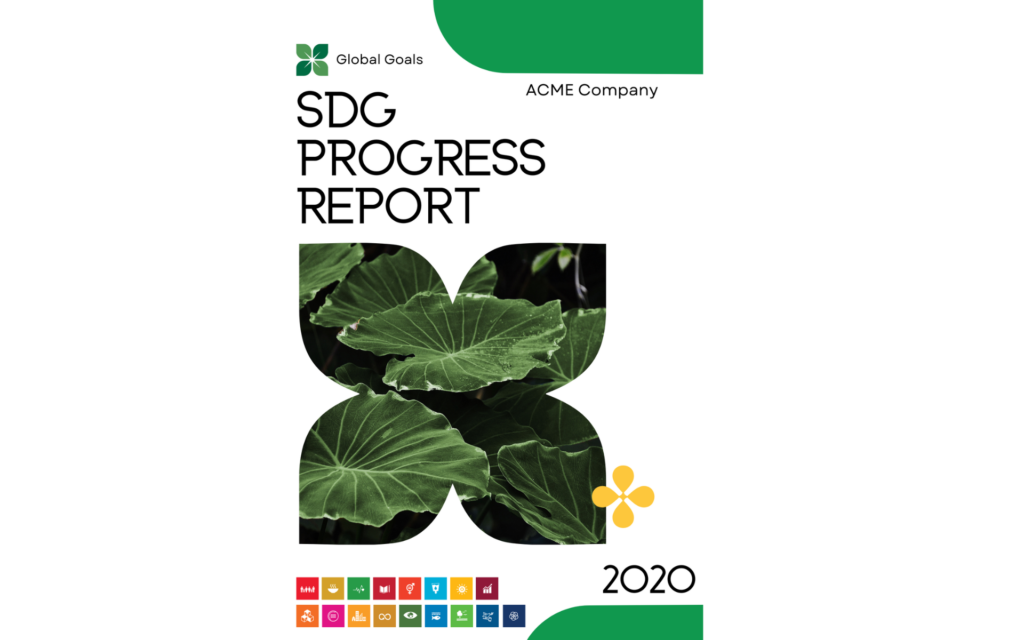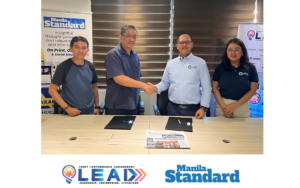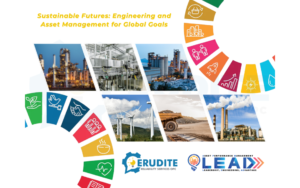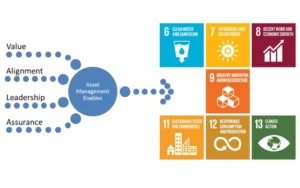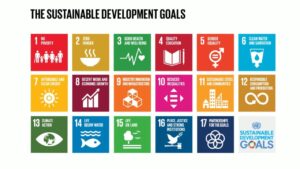Sustainability reporting has become an integral aspect of modern business management, particularly in asset-intensive critical industries such as mining, energy, and manufacturing. These industries are not only resource-heavy but also have a significant impact on the environment and society. As stakeholders increasingly demand transparency and responsibility, sustainability reporting provides a structured way for companies to disclose their environmental, social, and governance (ESG) initiatives and impacts. This article explores the significance of sustainability reporting, outlining its components, requirements, types, challenges, and the mechanisms in place to ensure accountability, aiming to enhance understanding and promote rigorous sustainability practices in critical sectors.
What is Sustainability Reporting?
Sustainability reporting refers to the practice of organizations publishing data on their environmental, social, and economic performance. It aims to measure, understand, and communicate their sustainability performance, providing a transparent interface between the organizations and their stakeholders, including investors, regulators, employees, and the community at large. In asset-intensive industries, where operations can have extensive and lasting impacts on the environment and local communities, sustainability reporting is particularly crucial. It helps businesses align their strategies with sustainable development goals and manage their ESG risks more effectively. Moreover, sustainability reports are an essential tool for companies committed to improving their sustainability performance over time through documented, measurable evidence of their efforts.
Components of Sustainability Reporting
Sustainability reporting comprises several core components that provide stakeholders with a comprehensive view of a company’s sustainability efforts:
- Environmental Criteria: Includes the company’s impacts on the environment such as energy use, waste management, pollution, natural resource conservation, and treatment of animals. Metrics often involve carbon footprint analysis, greenhouse gas emissions, water and air quality indices, and waste disposal techniques.
- Social Criteria: Focuses on people and relationships, including employee relations and diversity, work conditions, community engagements, human rights, and consumer protection. Assessments often look at labor standards, community development contributions, and adherence to workplace safety.
- Governance Criteria: Involves leadership, audits, internal controls, and shareholder rights, emphasizing transparency, accountability, and ethical business practices.
- Key Performance Indicators (KPIs): Quantifiable measures used to gauge performance over time relative to sustainability goals, tailored to specific industry needs and regulatory requirements.
- Stakeholder Engagement and Communication: Involves ongoing dialogue with stakeholders to gather feedback, manage expectations, and report progress, ensuring the company remains aligned with stakeholder interests and societal values.
Requirements of a Sustainability Report
In many regions, including the Philippines, sustainability reporting has transitioned from a voluntary “nice-to-have” to a mandatory practice. This process is structured and governed by both local regulations and international standards:
- Legal and Regulatory Frameworks: In the Philippines, the Securities and Exchange Commission (SEC) mandates all publicly listed companies to submit comprehensive reports detailing their economic, environmental, social, and governance (EESG) impacts from 2023 onwards.
- Global Standards and Guidelines: Reports follow globally accepted standards like the Global Reporting Initiative (GRI), Sustainability Accounting Standards Board (SASB), and Task Force on Climate-related Financial Disclosures (TCFD), ensuring they are comprehensive, comparable, and relevant across borders.
- Transparency, Accuracy, and Comparability: Crucial for evaluating a company’s long-term viability and ethical standing, focusing on detailed accounts of the organization’s footprint, societal impact, and the results of their EESG efforts.
Types of Sustainability Reporting and Best Practices in the Philippines
While the SEC does not mandate the use of a specific reporting framework, it recognizes several globally acknowledged standards. The GRI guidelines are the most widely used due to their flexibility and adaptability, enabling organizations of various sizes and sectors to report comprehensively on their EESG impacts. Other frameworks like SASB, Integrated Reporting (IR), and TCFD are also used, particularly for industry-specific sustainability topics.
Ensuring Best Practices and Continuous Improvement
Organizations should strive to engage in ongoing education and training, implement rigorous data management systems, seek third-party verification, and maintain open communication with stakeholders. These practices, alongside utilizing recognized frameworks, allow organizations to effectively communicate their sustainability journey, enhance their accountability, and contribute positively to sustainable development.

